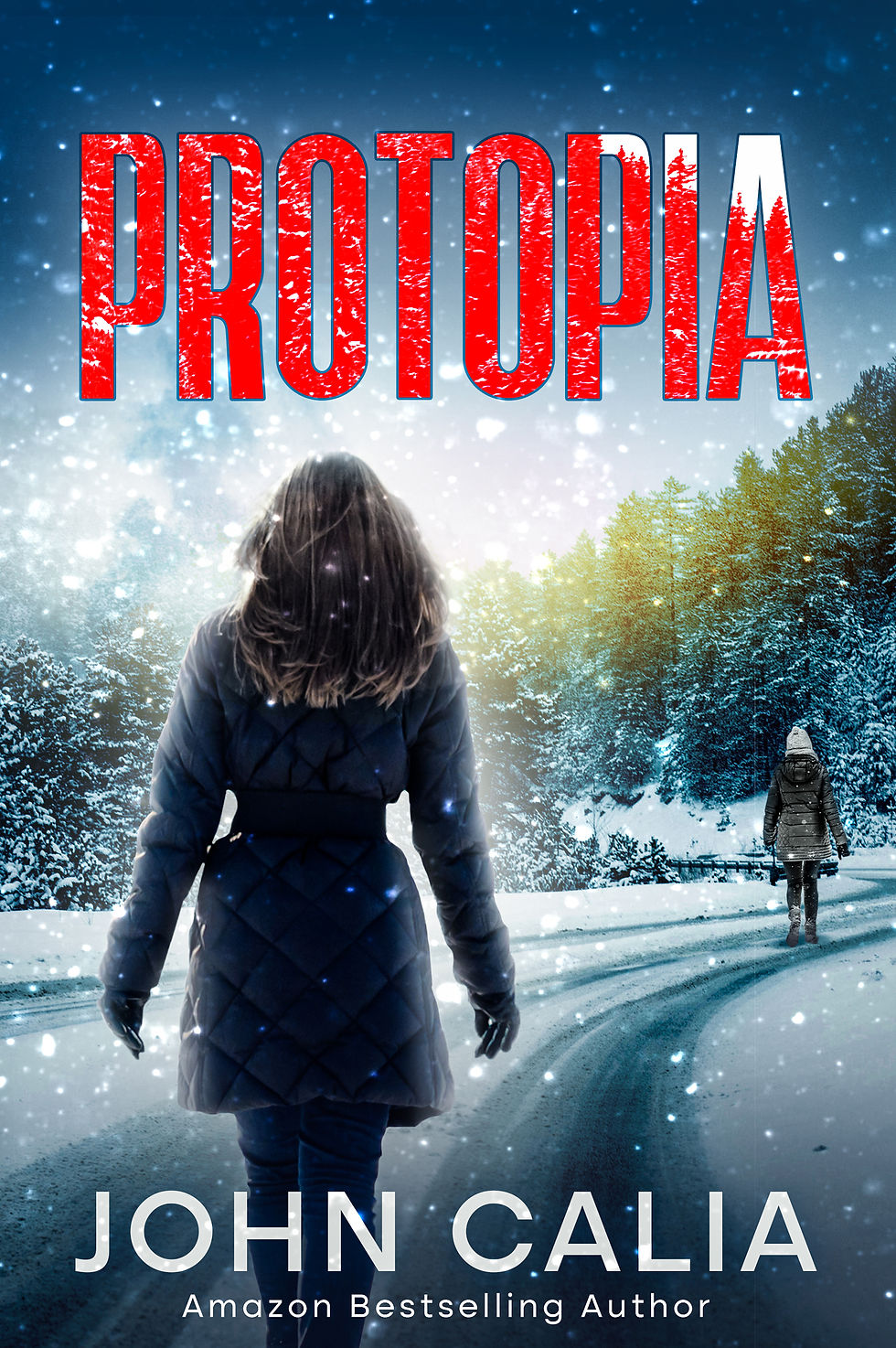What if America Fell Apart?
- John Calia
- Aug 11, 2025
- 2 min read

Dystopian fiction has long been a staple of literature, captivating audiences with its haunting portrayals of societies gone wrong. From George Orwell's "1984" to Margaret Atwood's "The Handmaid's Tale," these stories serve as more than just entertainment – they offer warnings, reflections, and insights into the human condition and society.
One reason dystopian fiction matters is its ability to warn us about the dangers of unchecked power and the erosion of individual freedoms. By depicting societies where governments or corporations have become all-powerful, these stories caution us against complacency and encourage vigilance in defending our rights and liberties.
Dystopian fiction also serves as a mirror to our current world, reflecting our anxieties, fears, and hopes. These stories often explore the consequences of climate change, technological overreach, and social inequality, forcing us to confront the potential outcomes of our actions – or inactions.
Moreover, dystopian fiction inspires us to imagine alternative futures and to consider the consequences of our choices. By presenting us with grim scenarios, these stories encourage us to think critically about the world we want to build and the values we want to uphold.
But there's another reason dystopian fiction resonates with us today. We've seen how social media, once hailed as a revolutionary tool for connection and community, has become a force that undermines our democracy and our humanity. What began as a collaborative community has devolved into echo chambers, fueling political dysfunction and polarization.
This dysfunction portends a possible breakdown of civil society. Projecting today's trends into the future suggests a grim picture: governments paralyzed by partisanship, social cohesion frayed by mistrust and misinformation, and institutions failing to serve the public interest.
Dystopian fiction contributes to the national discussion by asking the uncomfortable question: what if America fell apart? What if our democratic institutions failed, our social fabric unraveled, and our economy collapsed? By exploring these scenarios, dystopian fiction forces us to confront the consequences of our actions and the choices we make as a society.
In novels like Cormac McCarthy's "The Road" or Margaret Atwood's "Oryx and Crake," we see a world ravaged by environmental disaster, societal collapse, and human extinction. These stories serve as a warning, urging us to take action to prevent such futures from unfolding.

A little closer to the ground is my new novel, Protopia. The story takes place in Jackson Hole, WY, and projects our current cultural divide into a small community. How the story evolves reflects both the negative effects of concentrated power and the possibility of a constructive resolution.
Dystopian fiction matters because it warns us about the dangers of unchecked power, reflects our anxieties and fears, and inspires us to imagine alternative futures. By asking what if America fell apart, dystopian fiction challenges us to think critically about our values, our institutions, and our choices – and to build a world that is more just, equitable, and resilient.



Comments